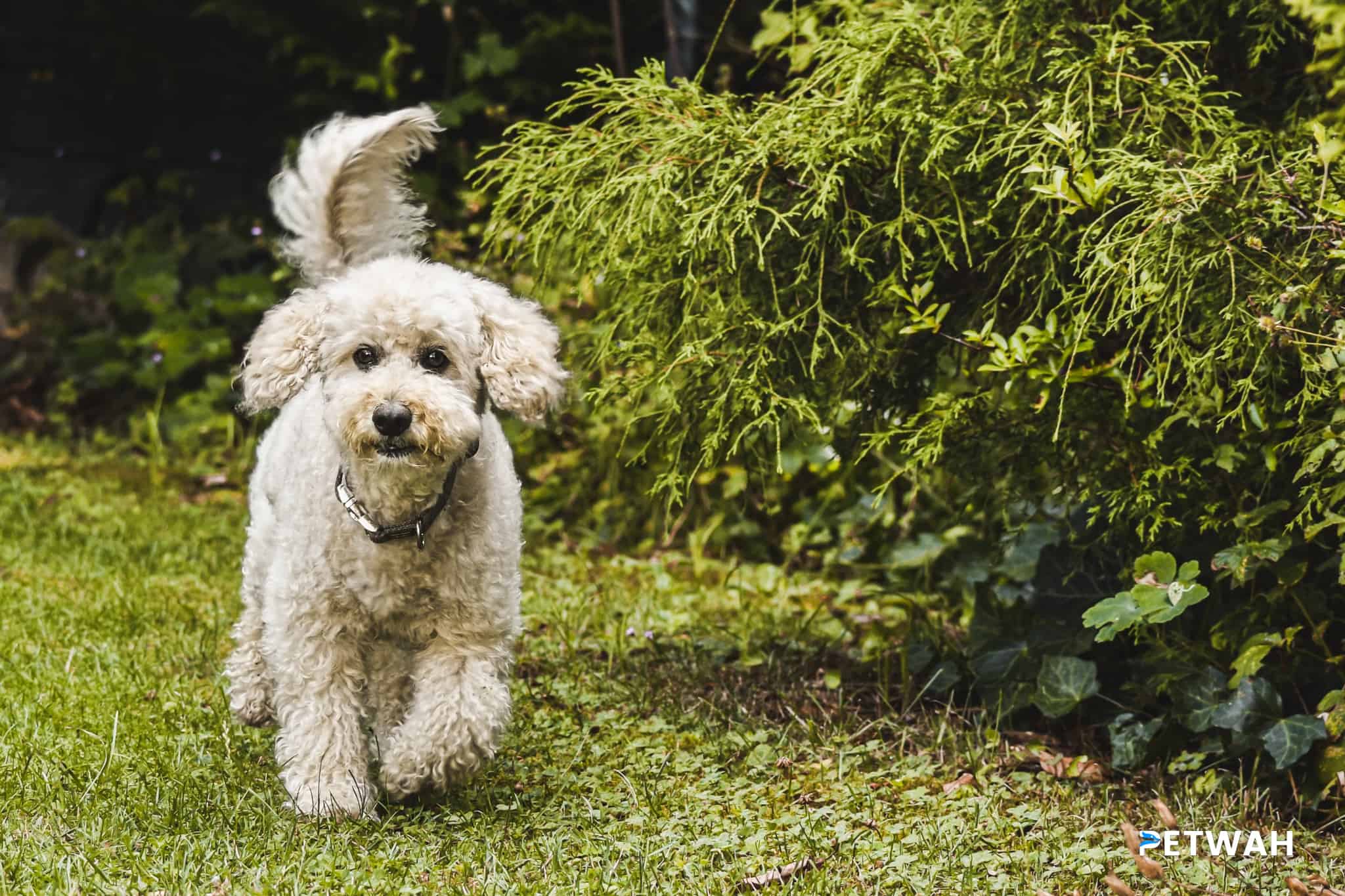Welcome to our blog post all about keeping your Poodle’s smile sparkling! As proud owners of these delightful and intelligent dogs, we understand the importance of maintaining their oral health. Did you know that Poodles are prone to dental issues? From plaque buildup to gum disease, their teeth can unfortunately be a cause for concern. But fear not, because we are here to guide you through understanding their dental health and provide you with practical tips to ensure their pearly whites stay in tip-top shape. So grab your toothbrush and let’s dive into the world of Poodles and their oral hygiene!
Keeping Poodles’ Smiles Sparkling: Understanding their Dental Health and Practical Tips for Maintenance
As pet owners, we want the best for our furry friends, and that includes their oral health. Poodles, with their adorable curly hair and impeccable style, are no exception. However, did you know that poodles are prone to dental issues? Yes, their beautiful smiles can be at risk if we don’t take the necessary steps to maintain their oral health. In this blog post, we will delve into the world of poodle dental health and provide you with practical tips to keep their smiles sparkling.
Are Poodles Prone to Dental Issues?
Poodles, like many other dog breeds, can be susceptible to dental problems. Due to their genetic makeup and specific dental structure, they can develop issues such as periodontal disease, tooth decay, and bad breath. Poodles have a tendency to accumulate plaque and tartar more easily than other breeds, which can lead to gum inflammation and tooth loss if left untreated. Therefore, it is crucial to be proactive when it comes to their dental care.
Understanding Poodle Dental Health
To maintain your poodle’s oral health, it is important to understand the key factors that contribute to dental issues. Here are some factors that can affect their dental health:
1. Diet: A balanced and nutritious diet plays a significant role in dental health. Providing your poodle with high-quality dog food and avoiding sugary treats can prevent dental problems.
2. Genetics: Poodles, especially the smaller toy and miniature varieties, may have genetic predispositions to dental issues. This highlights the importance of regular check-ups and early intervention.
3. Dental Hygiene: Just like humans, poodles need regular dental hygiene routines. Neglecting their oral care can result in plaque buildup, tartar, and eventually lead to more severe problems. Regular brushing, along with other preventive measures, can make a huge difference.
 - Copy.jpg)
Practical Tips for Maintaining Poodle Dental Health
Now that we understand the importance of dental health for poodles, let’s explore some practical tips to help keep their smiles sparkling:
1. Regular Brushing: Brush your poodle’s teeth at least 2-3 times a week using a dog-specific toothbrush and toothpaste. Start slowly with short sessions, gradually increasing the duration as your poodle becomes more comfortable.
2. Dental Chews and Toys: Provide your poodle with dental chews and toys specifically designed to promote oral health. These can help reduce plaque buildup and keep their teeth clean.
3. Professional Dental Cleanings: Schedule regular dental cleanings with your veterinarian. They have the necessary tools and expertise to clean your poodle’s teeth thoroughly and detect any underlying issues.
4. Monitor and Observe: Keep an eye out for signs of dental problems, such as bad breath, swollen gums, or difficulty eating. If you notice any abnormalities, consult your veterinarian for a proper diagnosis and treatment.
5. Balanced Diet: Feed your poodle a balanced diet that promotes oral health. Opt for high-quality dog food that supports dental hygiene, and avoid feeding them table scraps or sugary treats that can contribute to dental issues.
6. Water Additives: Consider using dental water additives that can help reduce plaque and tartar buildup. These additives are easy to use and can be a great addition to your poodle’s oral care routine.
By incorporating these tips into your poodle’s daily care routine, you can significantly improve their dental health and prevent potential issues. In turn, this will ensure your poodle continues to flaunt their beautiful smile for years to come.
Overall, poodles, with their unique dental structure, are prone to dental issues. However, with proper understanding and proactive measures, we can maintain their oral health and keep their smiles sparkling. Remember, regular brushing, dental chews, professional cleanings, a balanced diet, and vigilant observation are the key steps in maintaining your poodle’s dental health. So, let’s take charge and ensure our poodles’ dental care is given the attention it deserves!
In conclusion, maintaining the oral health of your Poodle is essential for their overall well-being and happiness. By understanding the dental issues that Poodles are prone to and following the practical tips discussed in this article, you can ensure that your furry friend enjoys a lifetime of healthy smiles.
Remember, regular dental check-ups, daily brushing, appropriate chew toys, and a balanced diet are all crucial components of a comprehensive oral care routine. Don’t forget to monitor their teeth and gums closely, watching out for any signs of discomfort or dental issues that may require professional intervention.
By taking proactive steps to prioritize your Poodle’s dental health, you are not only preventing potential problems down the line but also prolonging their life and enhancing their quality of life. So, let’s commit to keeping those pearly whites pearly, and let our Poodles dazzle the world with their radiant smiles!


%20-%20Copy.jpg)
.jpg)
.jpg)

%20-%20Copy.jpg)

%20-%20Copy.jpg)